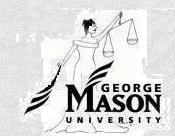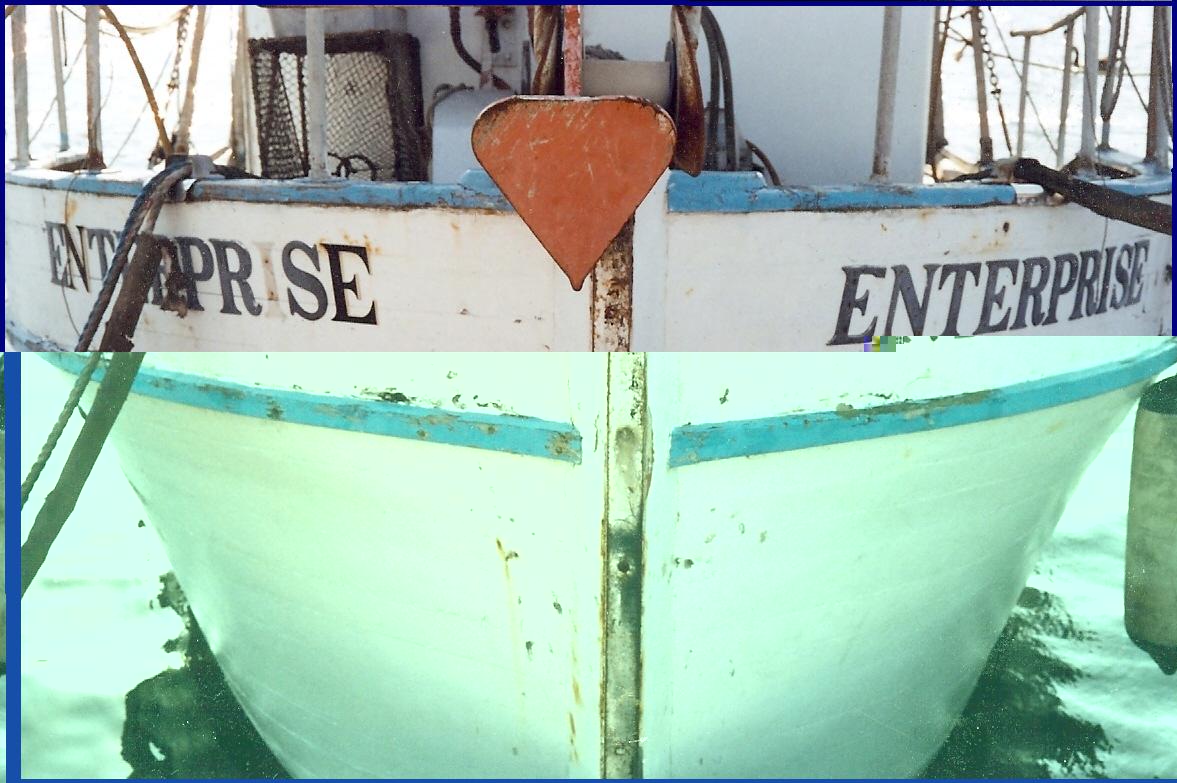|
Mary Jane McIlwain
Complementarity, Synthesis |
 |
Home Collaboration, and Overlay |
|
|||||||||||
| Vitae | Goal Statements | Coursework | Analytical Thinking | Professional Experiences | Research & Dissertation Planning | Documentation of Academic & Professional Growth | |||||
Literacy and Equity: From the Classroom to Scholarship and Back, Goals 2008
My purpose in research and practice is to serve in closing the achievement gap in literacy. The route in doing so involves research in literacy learning, professional learning, and teacher education. The program at George Mason helped me to integrate academic, research, and professional goals—forming a conceptual framework that provides focus to current and future work in the area of literacy and the achievement gap. This goal statement and conceptual framework is not a departure from ones previous; but rather a focused example of my work as a developing scholar and practicing teacher. The following sections will describe my academic goals, research goals, and how these join in my current professional practice and future goals.
Academic Goals
My academic goals included becoming knowledgeable in the literatures surrounding self-study, professional learning, and language and literacy development. I will touch briefly on each of these areas in the following paragraphs. To conclude this section, I will explain how my remaining academic goals are being met through my independent study and internship this semester.
Self-study is a stand alone methodology in researching practice, and it is also a method or tool that can be used within the action research methodology. Its purpose and power may elude many, but I truly see self as a viable way of systematizing teaching, learning, and researching the muddy swamp—a term that Schon uses to describe the vast range of contexts that make up our education system. Self-study provides a way for practitioners (teachers and teacher educators alike) to purposefully place themselves in the swamp with their research tools in hand, to study problems with in time relevancy, and to communicate results, conclusions, and implications with other teachers and teacher educators.
Self-study and professional learning are closely tied in my plans for research and practice. Research has shown that content knowledge alone is not enough to bring about high academic achievement for all students. Yet, it is difficult to study and “measure” teachers’ pedagogical knowledge. A possible question is not how to measure pedagogical knowledge, but, rather how to guide dispositions towards the systemic act of connecting the perspective of the teacher with that of the learner. To do this reflective work, teachers need to be in constant contact with their mental models and how these beliefs drive their pedagogical decisions. Self-study offers a way of conducting this work with teachers.
However, teachers are also encouraged to continue developing content knowledge in the field of literacy learning and language development throughout their academic preparation and careers. Communities of practice consisting of teachers, teacher leaders, and, at times, academic researchers set up coherent systems for content knowledge to continue to be developed and shared. Self-study and action research, working in conjunction with one another within a community of practice, can form a replicable design in which to accomplish professional learning for the individual and to communicate it to the field.
The courses within the literacy specialization provided me with a knowledge base connecting significant aspects of the historical relevance and current issues in early to middle childhood and adolescent literacies. Specifically, studying historical and current reading models, learning theories, and how language is situated in each is motivating me to continue connecting language development and phonological awareness in emerging readers—particularly those emerging readers typically associated with the achievement gap. Further, my increasing understanding of how socio-cultural and schema theories influence language use and development and emergent literacy is helping me formulate concrete and focused conceptions about my future research and practice. As a result, I can comfortably place myself in the academic conversation centered on the achievement gap at the starting gate.
My coursework is ending this semester with an internship in EDRD 630 and an independent study. Working with Dr. Taboada is giving me an opportunity to experience practical issues and joys that come with working with motivated teachers from different contexts—learning to make my respect for various perspectives more obvious while guiding students to develop the necessary understandings of emergent literacy through supportive and constructive feedback. The internship and independent study are solidifying my engagement with language and emergent literacy, particularly the socio-cultural influences and vocabulary development. Dr. Burns has certainly grounded me. Our work in designing a pilot study is making me aware of my tendency to see where we are going at the expense of where we are—a tendency that can kill any potential connections between theory, practice, and in time professional learning. She is helping reign me in and is providing me with mentored experience in designing a study that will look at the causal relationship between storybook reading and vocabulary development in students’ participating in Belle View’s Head Start program. This project is at the heart of what I want to study and learn as a result of the courses and experiences brought together over the past three years.
Research Goals
My goal in research is to design projects that are informed by and also inform scholarship as we work to close the achievement gap in literacy. It was necessary for me to take structural equation modeling, mixed methods, and self-study in order to define how I plan to work within the framework described in 2007. I want to have a solid understanding of the research in phonological awareness and the field is beginning to use structural equation modeling. This understanding is helping me design more context-based studies that will be relevant to both practice and to continued academic research. SEM also guided me in forming a model that I can follow up on in the future, after spending some time using mixed methods to study how language and phonological awareness are developed in classroom settings.
Mixed methods further helped me to blend self-study and action research tools using a design map that captures the recursive processes involved in working through conceptual frameworks, purposes, questions, methods, and validity threats. Mixed methods also brought me to understand how qualitative analysis can be used to define causal relationships—a method that may be helpful in learning about how variables like language influence phonological awareness and literacy acquisition and early development. Understanding the flexibility and power of mixed methods guided me in developing a more focused conceptual framework. This framework has captured the ideals of complementarity, synthesis, collaboration and overlay inherent in my 2007 framework, while focusing in on professional learning and the language literacy relationship in emergent literacy.
Single subject design is yet another tool within action research. It has a way of capturing the degree to which a specific intervention influences specific student growth. It is also possible to connect multiple single subject projects across contexts, thus allowing practice to inform theories and vice verca. Structural equation modeling, mixed methods, and single subject design do complement one another within an action research methodology and fit well in the general conceptual framework outlined in 2007.
Professional Practice and Future Goals
My professional goal is to bring the academic learning and research framework together in practice, providing in time professional learning and contributing to knowledge development aimed at closing the achievement gap. I am involved in three projects at Belle View that integrate my learning and conceptual framework. First, I am active in the school improvement plan, which involves researching best practices (differentiation, authentic teaching and learning, formative assessment) with teachers, surveying our collective understanding of these practices, and implementing delivery models that can make use of these practices. Our current focus is on differentiation and co-teaching in order to help all students excel. This model is not in line with how the language arts and math curriculum was operating over the past three years. Therefore the principal established a steering committee made up of classroom teachers, parents, specialists, and administrators. Our collaborative work involves dialoguing and debating about the school’s purpose and how research can help establish our practices at Belle View.
Co-teaching in our fourth grade classrooms is allowing me to coach, collaborate, and consult using knowledge and skills developed with the help of my program of study. The teachers and I are looking at how providing time and space for students to create their own blogs about their literacy experiences will impact their reading engagement and motivation, their academic identity, and their ability to elaborate their thinking effectively. The design uses mixed methods (single subject, survey, and coding). We are hoping the CEHD Professional Development Conference will accept our proposal to present this work.
I am also collaborating with kindergarten teachers in the state mandated phonological awareness intervention. We are presenting our previous work together at the 2009 National Reading Recovery Conference. We are also continuing our work in a professional learning community, which has grown to include our Head Start teacher and the teacher of our students with moderate to severe disabilities. I hope to bring self-study and teacher research into this community as we work to increase our content and pedagogical knowledge concerning how to use formative assessment in language and phonological awareness development for diverse emergent readers. The book buddy project I am doing with Dr. Burns and Hattie Jordan is becoming a part of this community as well.
To conclude, the work and experience in this community will join with the work I am doing with Hattie and Dr. Burns to inform my dissertation plans. My conceptual framework, analytical thinking, and dissertation entries will provide more details as to how the book buddy project brings academic learning and research together in practice. The book buddy project has a great deal of potential in developing literacy and equity as research travels from the classroom to scholarship and back.
